The Lord had claimed Israel as his firstborn (4:22–23). He had delivered Israel by means of the death of Pharaoh’s firstborn as well as the particular substitute of lambs for Israel’s firstborn (12:1–28). Now, he claims all of Israel’s firstborn—both “of man and of beast”—as his own (13:1–2). These firstborn must be redeemed with a lamb (v. 13). Once again, the lesson was clear: redemption came through the death of the firstborn (v. 15). It would prepare people for a greater truth: ultimate redemption for God’s people would come through the sacrificial, particular death of God’s “firstborn” Son. (ESV Gospel Transformation Study Bible)
REFLECTION QUESTIONS
THINKING: Questions aimed at our minds to help us understand God’s word.
The Sermon Outline of this passage consisted of three parts: Commemoration, Consecration, and Catechism. What do each of these words mean?
Where do we see commemoration in this passage? What is the significance?
Where do we see consecration in this passage? What is the significance?
Where do we see catechism in this passage? What is the significance?
FEELING: Questions aimed at our affections to help us love God.
What needs to be commemorated here and why? What does God call his people to commemorate today and why?
Twice this section looks forward to the future, when Israel will live in the land of Canaan (v.5, 11). How does this emphasize the faithfulness and grace of God?
DOING: Questions aimed at our hands to help us live for God (Personally, Communally, and Missionally).
How can you practice the following in your everyday life? Be specific.
Commemoration
Consecration
Catechism


